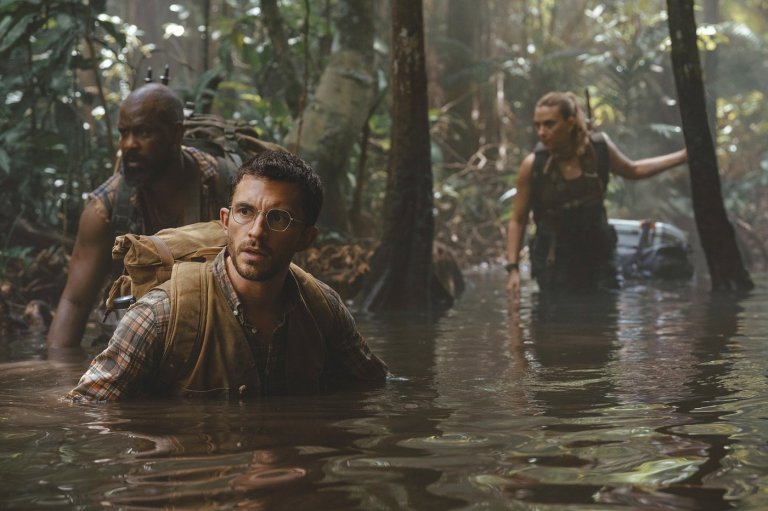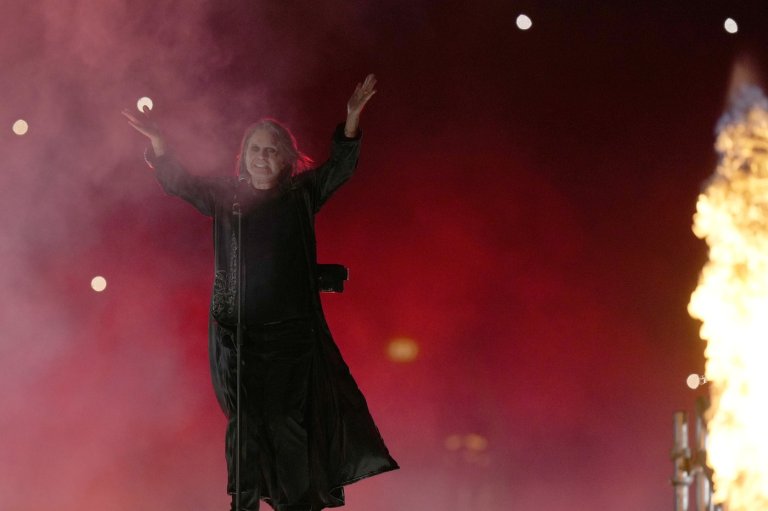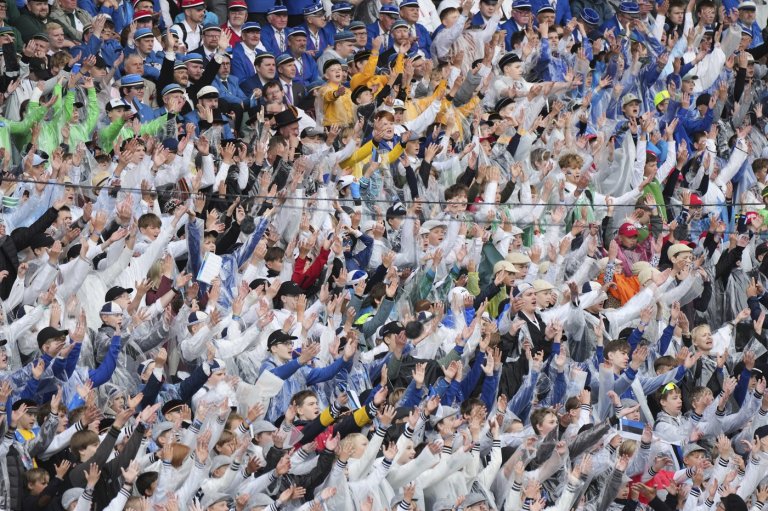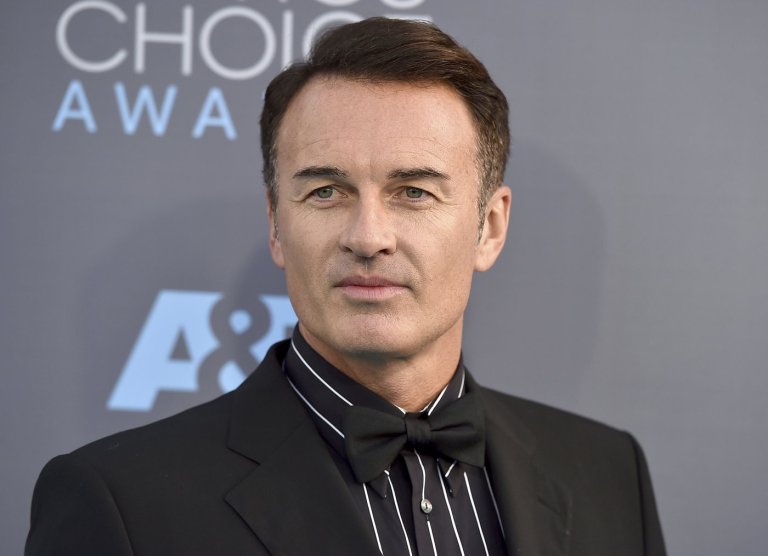
Now what? Some fans face the inevitable Olympic-sized comedown as the Games wrap
TORONTO – Chris Fansher offered a succinct approximation of how he’d feel when the Winter Olympics were over.
“Hungover and depressed,” he said with a laugh.
Fansher sat in a downtown Toronto food court decked out in a Team Canada jersey to watch Sidney Crosby and Co. take on the U.S. in the men’s hockey semi-final. He had been making the ritual journey to the underground eatery during lunch breaks to watch the big games on one of several TVs throughout the space.
Fansher recalled how everyone “went kind of a little nuts” during the conclusion of Canada’s thrilling overtime victory over the U.S. in women’s hockey. But it wasn’t just the country’s cherished pastime that captured his attention during the Sochi Games, as he also checked out freestyle aerials and moguls.
“It’s just excitement,” Fansher said. “It’s the only time really where all of your friends are cheering for the same teams, the same events. (I’m) arguing a lot less with friends.”
Sitting alongside Fansher was Kelsey Olson, who was also lamenting the end of the Games.
“I always get so sad afterwards,” said Olson, who also enjoyed tuning in to figure skating.
“It’s another four years, and you never get that feeling where everyone’s just like: ‘Yeah! Everyone loves each other.’”
With the cauldron’s flame extinguished and athletes leaving Sochi, it’s back to regular midwinter routines for Canadians who had gathered in homes, schools, offices and in public spaces to watch the action unfold.
Even though the end of the Summer or Winter Games is an inevitability, why does it always feel like an Olympic-sized comedown when they’re over?
“We have such a basic desire to connect with other people, and the Olympics is a great catalyst that brings people together,” said Billy Strean, professor in the faculty of physical education and recreation at the University of Alberta.
“Instead of being Oilers fans versus Flames fans versus Maple Leaf fans or what have you, it brings everyone together. At least in a Canadian context, we can all cheer for Team Canada. So rather than focus on differences, it focuses on a commonality and a shared passion.”
Adrienne Leslie-Toogood, director of sport psychology at the Canadian Sport Centre Manitoba, described the Olympics as “an all-encompassing event.”
“People maybe underestimate the power of the Olympics every time the Olympics happen; and then once they do happen, by the end of it, everyone’s then sort of brought into it.”
In today’s secular societies, few events unite so many people of different backgrounds “in a spirit of camaraderie and identity” than national teams competing at the Olympics and World Cup, said Bruce Kidd, professor of kinesiology at the University of Toronto.
With the Olympics in particular, Kidd said the Games and the athletes lend themselves to “very deep emotional identification, engagement and empathy” due to several factors.
“They’re people like us — or could be us — in part because they come from communities that we recognize, in part because they’re doing magnificent and difficult things, in part because they represent, like few other things, the totality of being Canadian.”
Leslie-Toogood has enjoyed her own personal experiences during previous Summer Games, working in the Olympic youth camp in Atlanta in ’96, and with Paralympians at the 2012 London Games. While she said she has a better sense of the athlete’s perspective, she can see from the fan’s view how they can “get caught up in the moment.”
“It really, in some ways, epitomizes the highs and lows of life, and they maybe feel and empathize when they watch those people who are making themselves vulnerable and trying to be their very best under very pressure-filled circumstances,” she said.
“Sometimes people come through and are their best. And other times, people don’t, and as a result are forced to really learn life lessons. I think all of us can relate or connect to that in some way.”
The emotional post-Olympics letdown being experienced by some fans is likely being felt to a far greater degree by the athletes themselves who’ve competed with the eyes of Canada and the world watching.
“For them, it’s the pinnacle of a four-year period,” said Strean.
“There’s a building up to it, there’s the moment itself … there’s the completion. Then, there can be a sense of void or feeling like: ‘What’s next?’” he added.
“Really, for many people, there’s nothing as big or as exciting that’s as ready to fill that void.”
———
Follow @lauren_larose on Twitter.
Join the Conversation!
Want to share your thoughts, add context, or connect with others in your community? Create a free account to comment on stories, ask questions, and join meaningful discussions on our new site.














Leave a Reply
You must be logged in to post a comment.